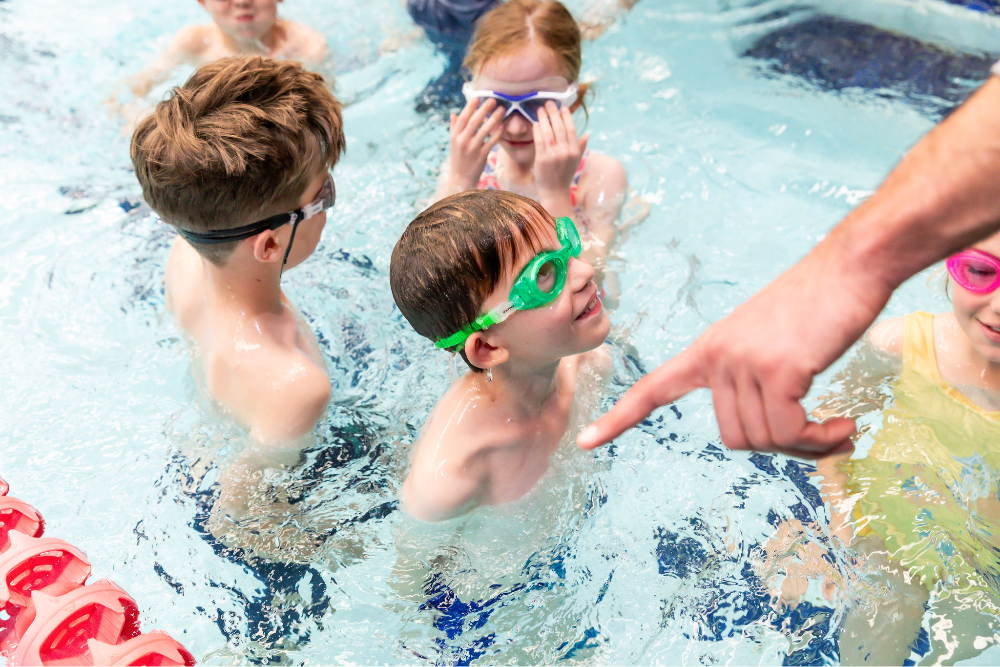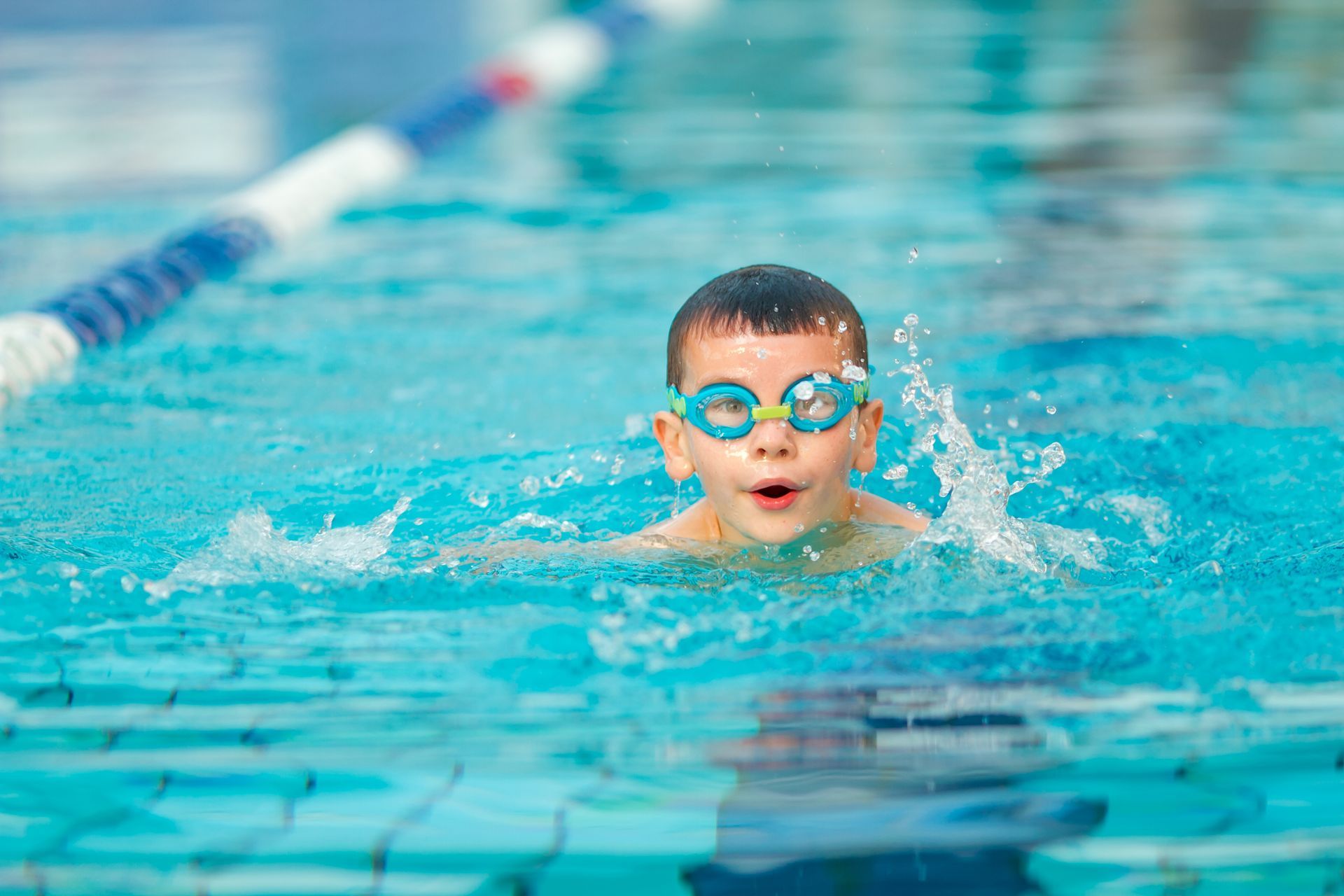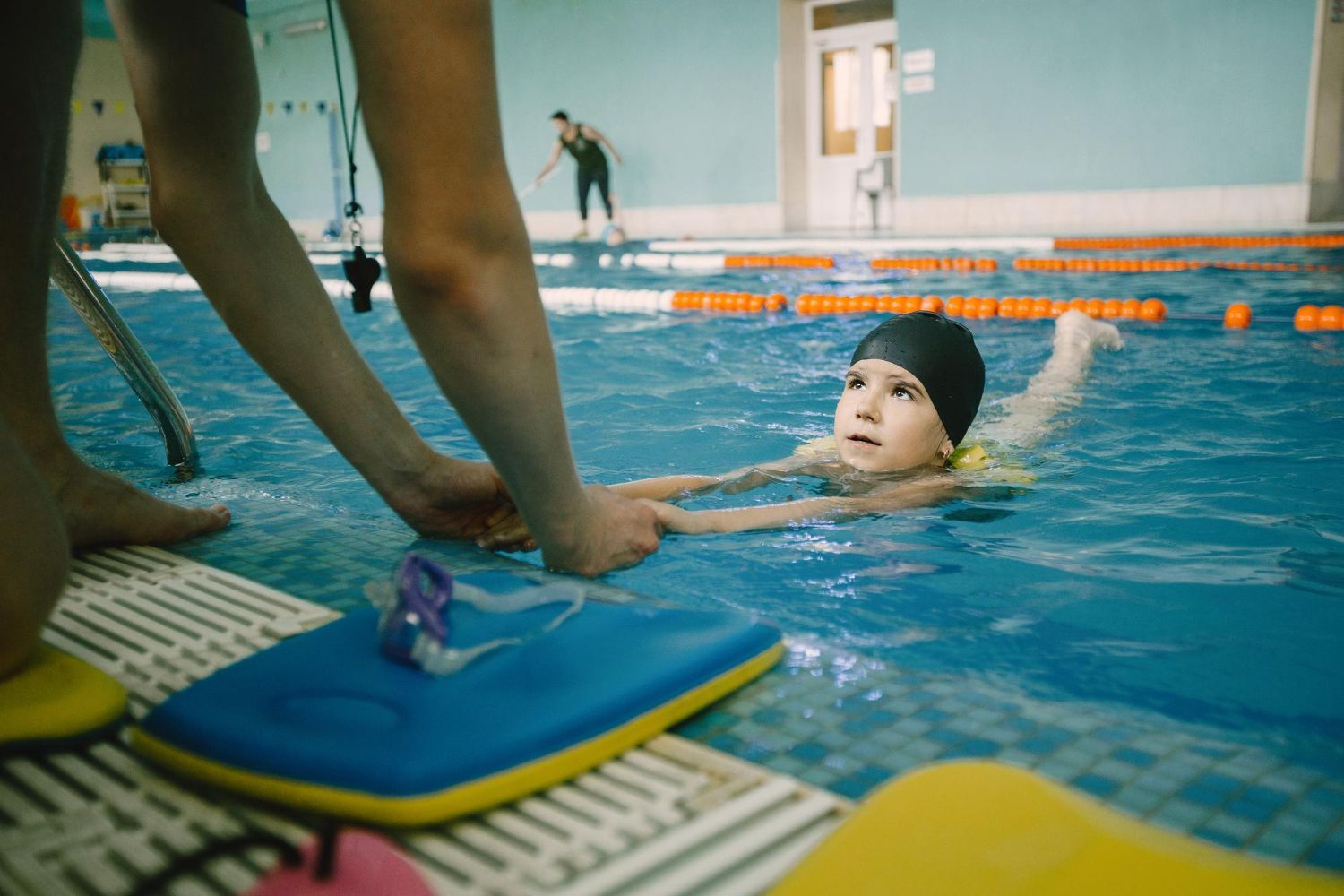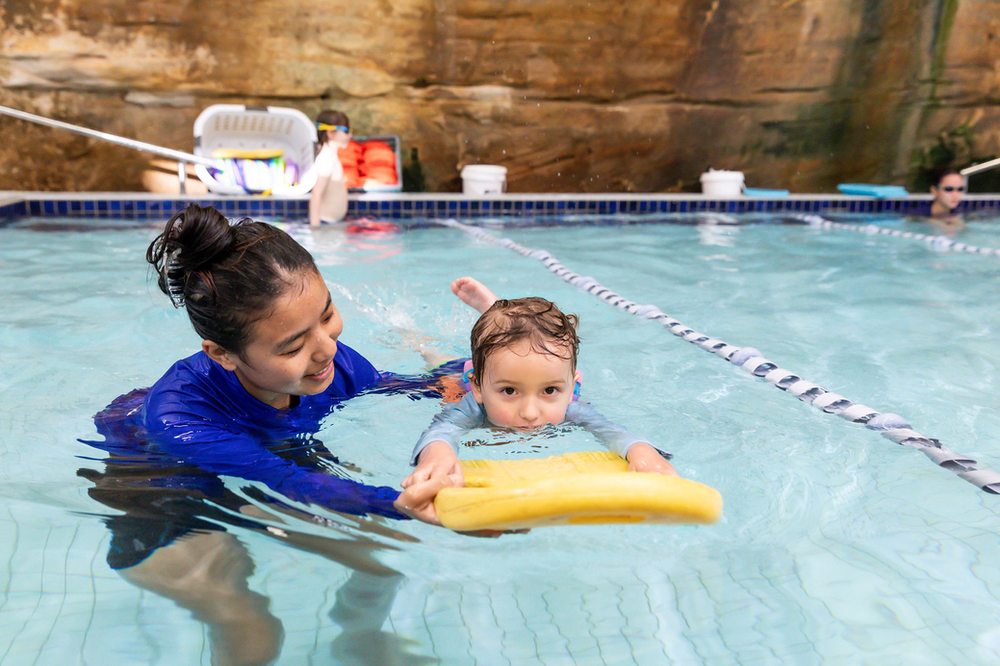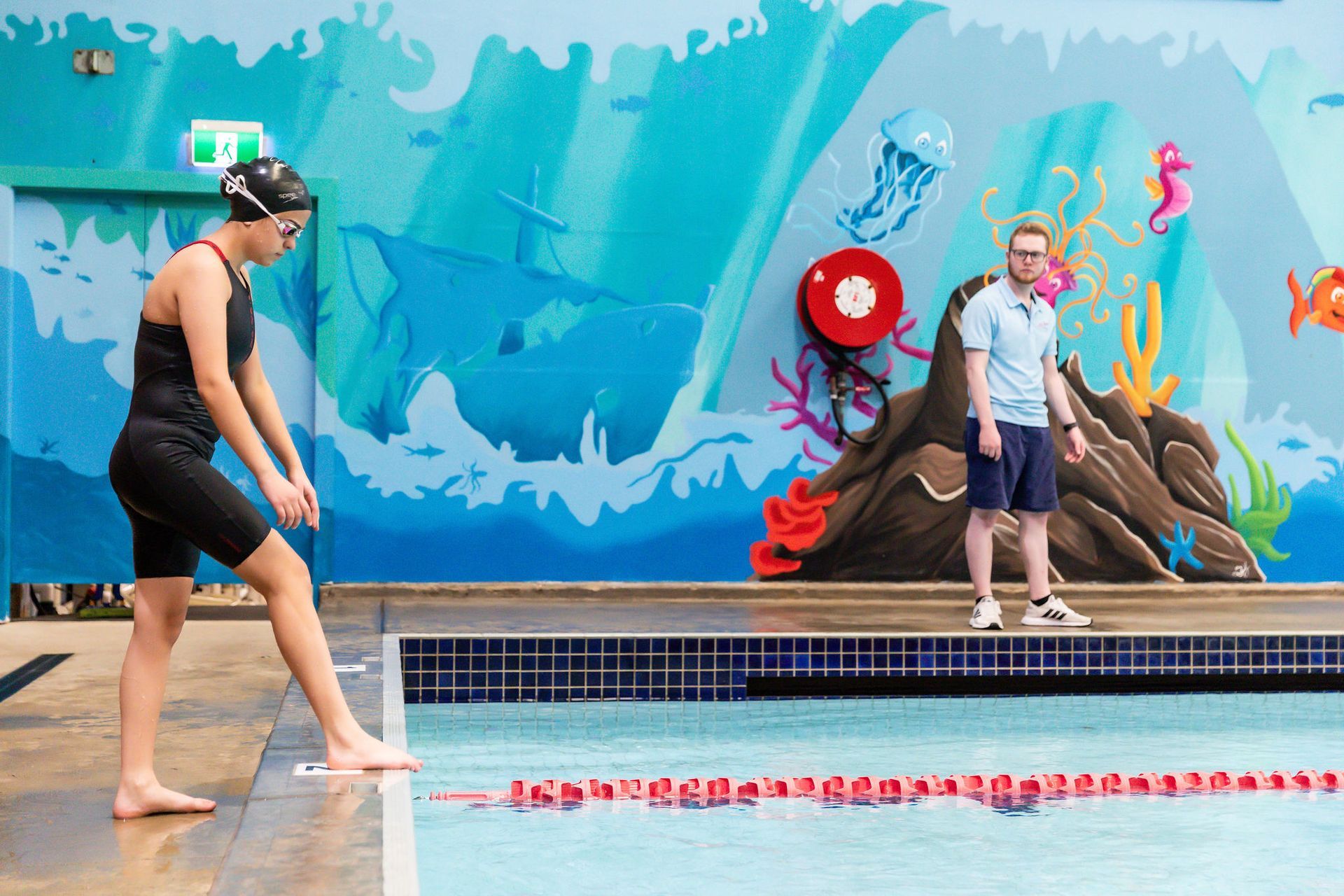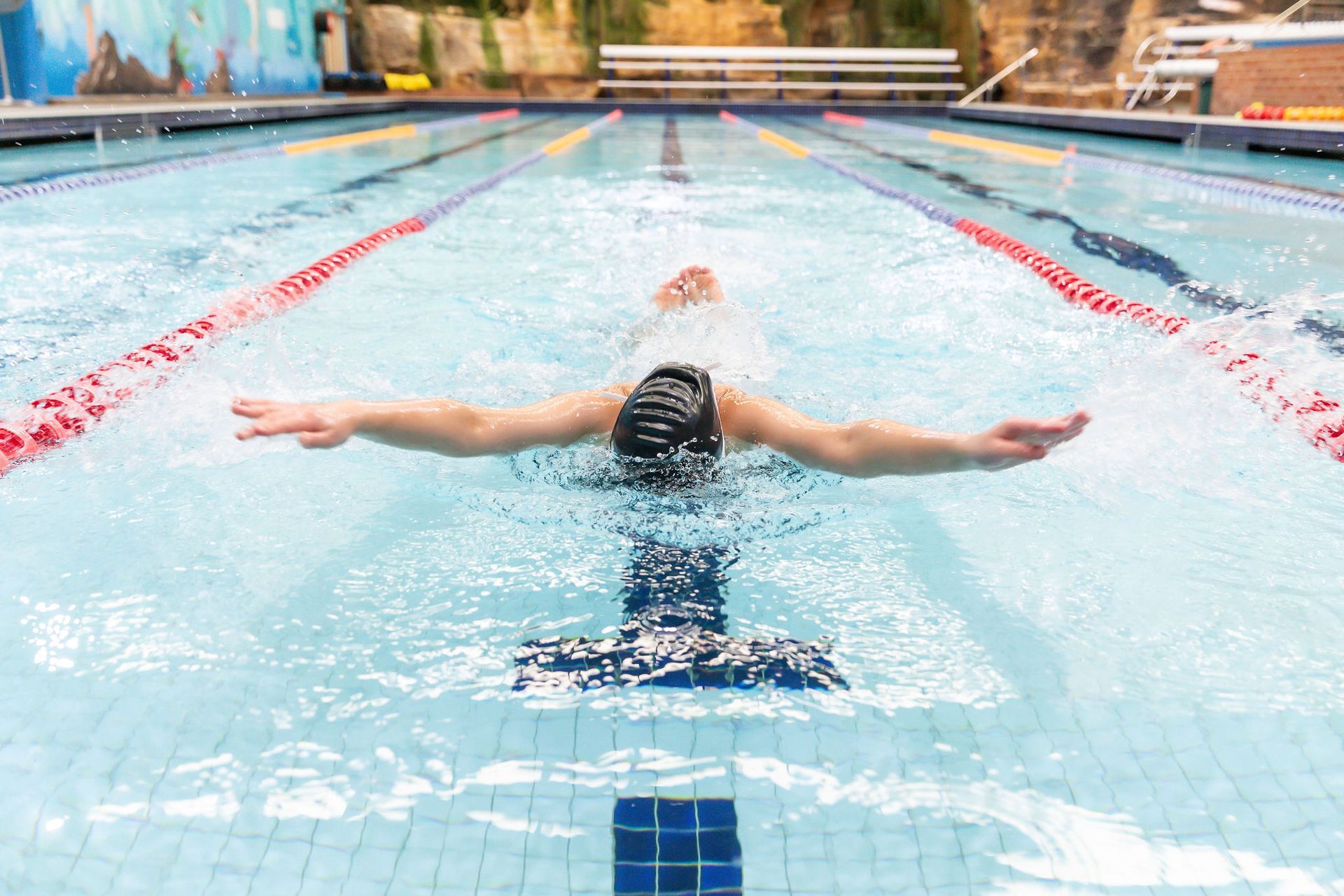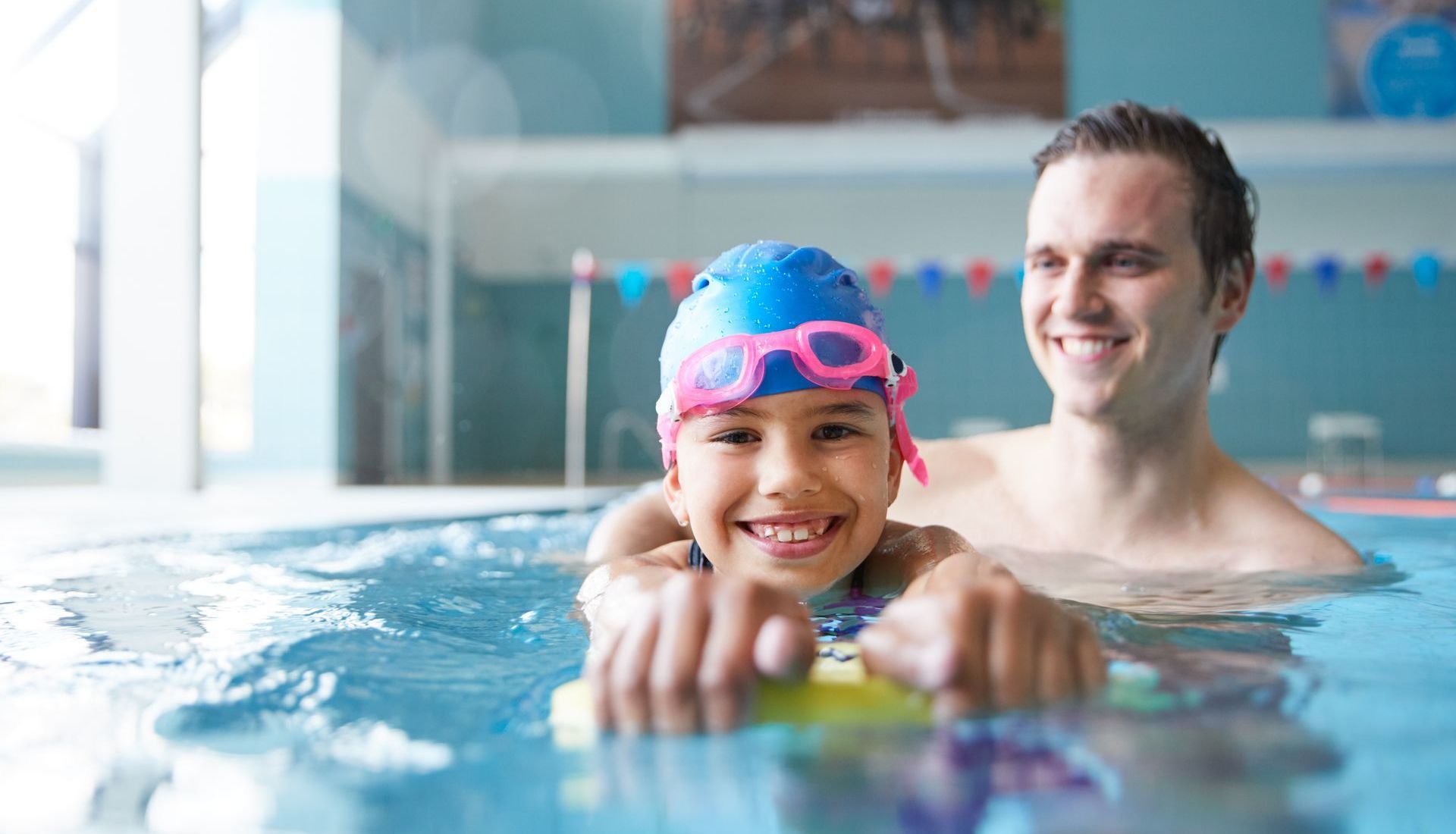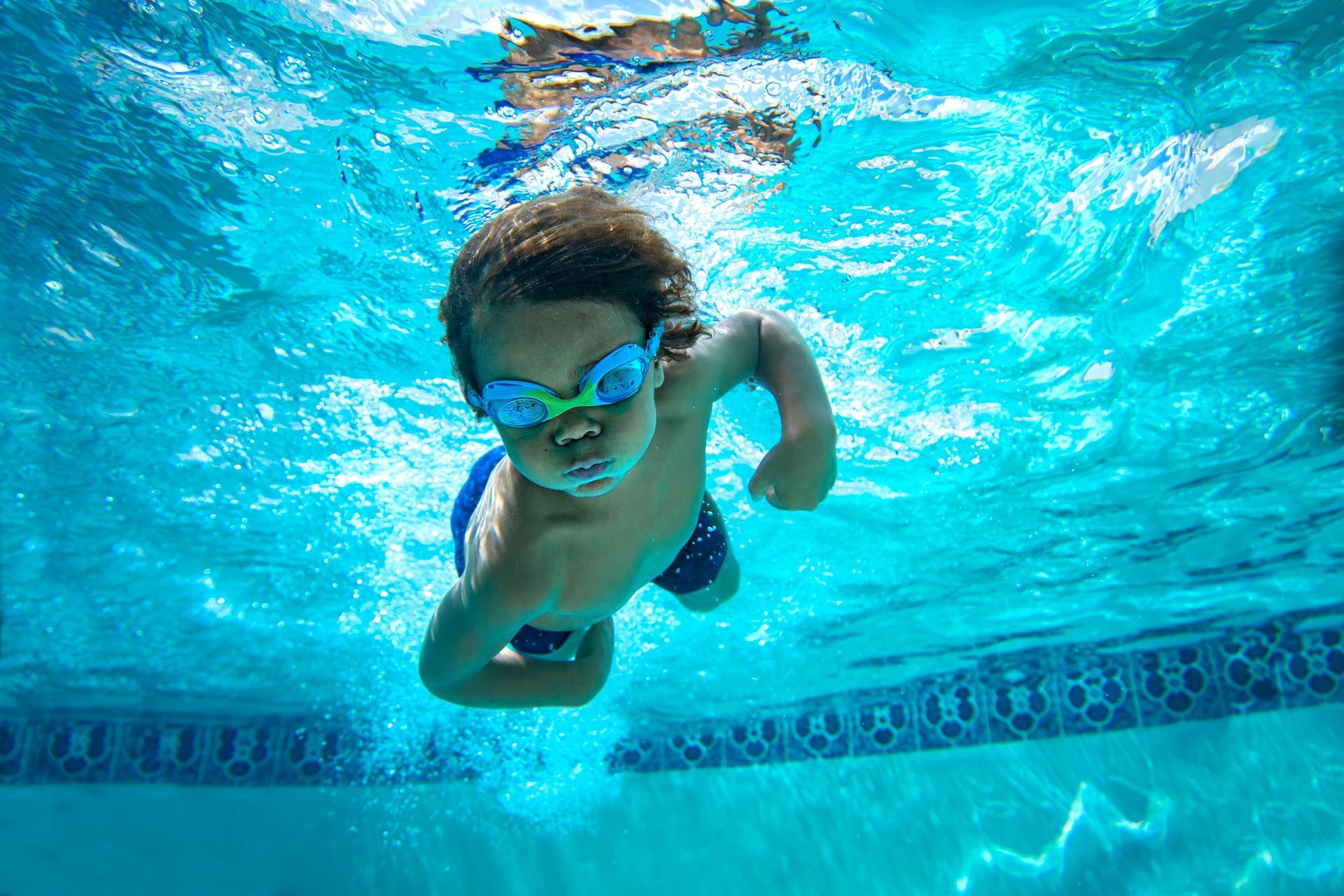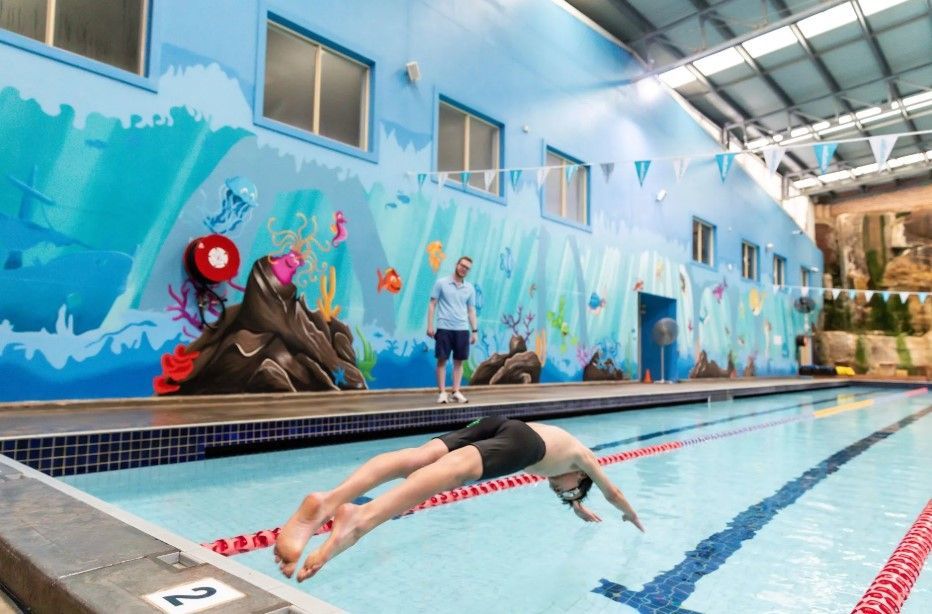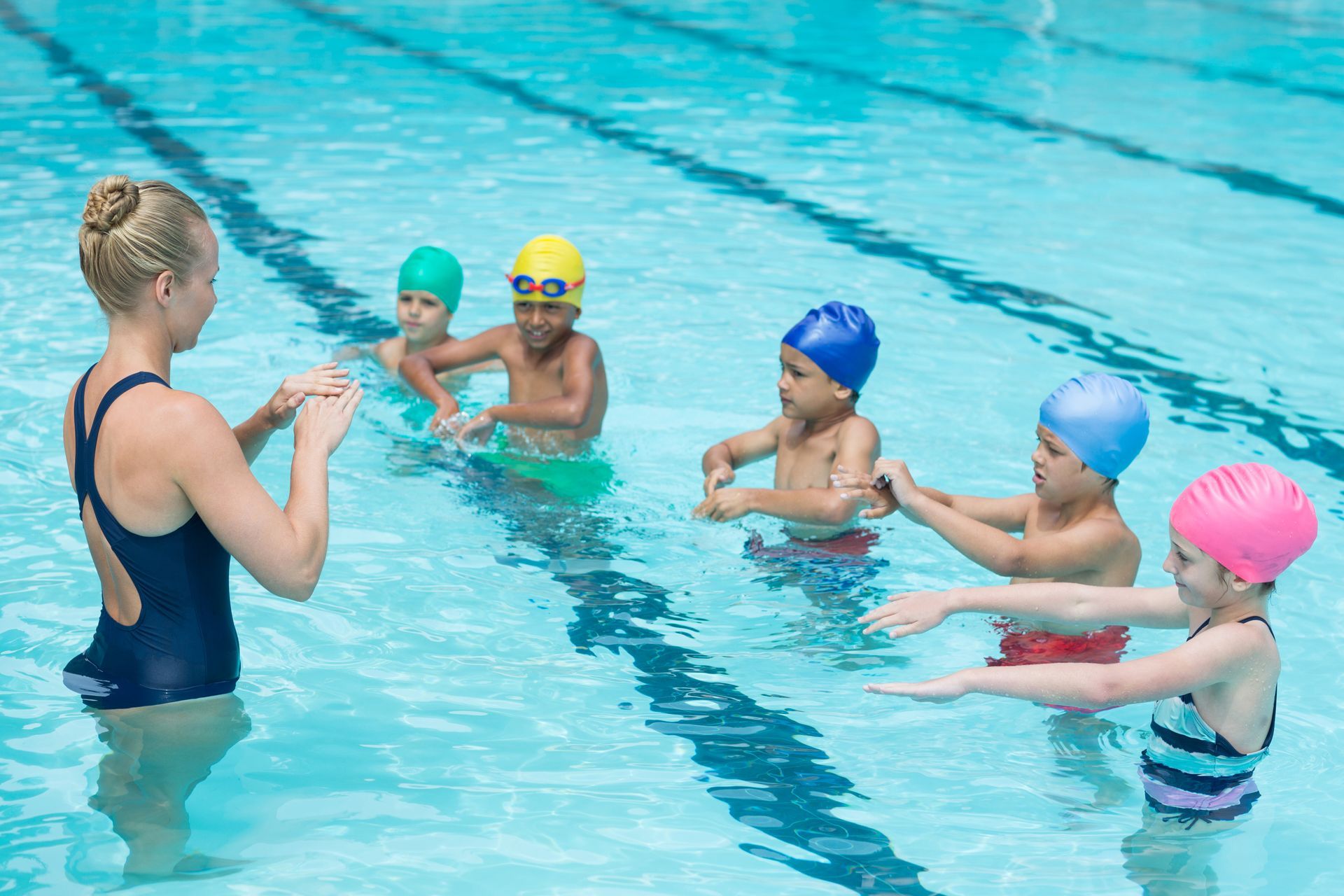Keep Kids Safe: Top Water Safety Tips for Parents
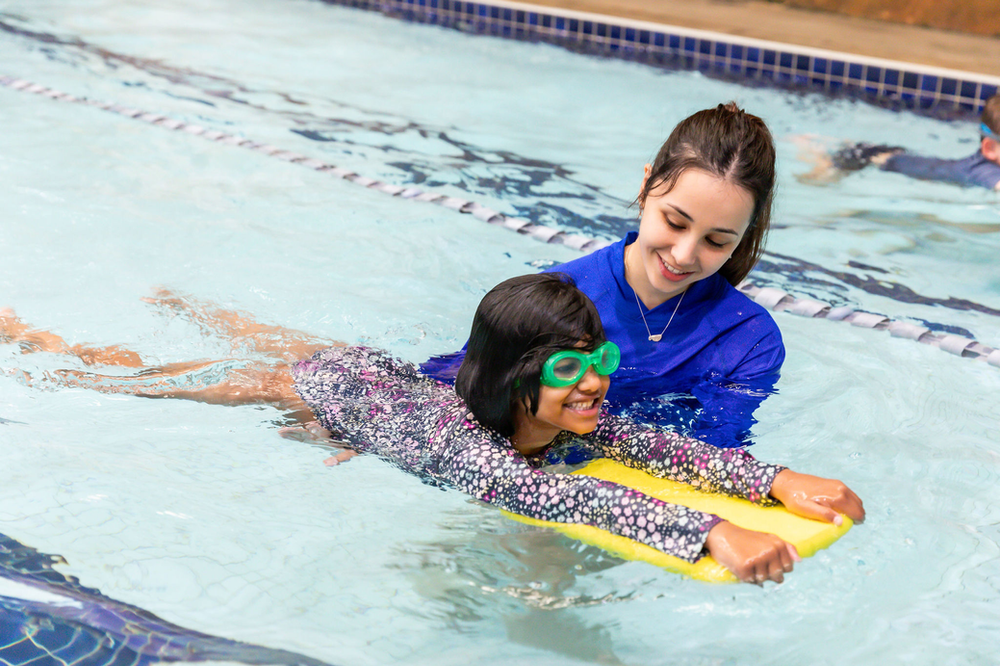
Water fun can bring lots of joy, but it’s important to keep our little ones safe. Knowing what to do and being ready helps ensure everyone enjoys water activities. From the backyard pool to the beach, every splash comes with a bit of responsibility.
Teaching kids the basics of water safety early on is one of the best things parents can do. Understanding risks and how to handle them makes a big difference. It's also vital for adults to keep an eye on things, setting up safe zones to make sure everyone has a great, worry-free time.
By getting kids involved in swimming lessons early, they learn key skills that allow them to have fun and stay safe. With the right knowledge and tools, families can enjoy all the benefits of water play while ensuring their children are protected.
Understanding Water Safety Basics
Teaching children the basics of water safety is crucial. Knowing the rules helps them enjoy water activities while staying safe. Children should learn never to swim alone and to always follow pool rules. Understanding why these rules matter keeps them mindful and prepared.
Water activities can carry hidden risks, such as slippery surfaces or strong currents. Discussing these risks helps children recognise potential dangers. To mitigate these, encourage them to stay within designated swimming areas and avoid running near the water. Explaining the concept of "no diving" zones also prevents injuries.
Adult supervision is a key part of water safety. Ensure a responsible adult is always present and attentive. Establishing safe zones, like marking areas suitable for different skill levels, creates clear boundaries. Safe zones reduce the risk of accidents and teach children where they can play without overstepping limits. By understanding these safety basics, kids and their guardians can enjoy aquatic fun more responsibly.
Teaching Essential Swimming Skills
Introducing children to swimming lessons early provides numerous benefits. Enrolling them in structured classes builds foundational skills that are essential for safety. Early exposure helps children become comfortable in the water, fostering confidence and reducing fear.
Key swimming skills play a vital role in enhancing water safety:
- Floating: Learning to float helps children conserve energy and stay calm if they find themselves in deep water.
- Treading Water: This skill enables swimmers to keep their heads above water for extended periods, buying time until help arrives.
- Basic Stroking Techniques: Knowing simple strokes helps children move efficiently in the water, increasing their ability to self-rescue.
These skills aren't just about safety; they build a child’s confidence. As they master each skill, children become more adept at handling themselves in various water environments. This confidence reduces the likelihood of panic and prevents accidents. By focusing on these foundational swimming skills, we prepare children for a safer and more enjoyable aquatic experience.
Proper Use of Safety Equipment
Ensuring children are safe around water requires more than just supervision—it's crucial to equip them with the right safety gear. Essential items like life jackets and flotation devices play a significant role in preventing accidents. These tools provide an extra layer of protection, especially for beginners who are still learning to swim.
A proper fit is key when using this equipment. A life jacket should fit snugly, allowing for free movement without riding up over the head. It's important to choose devices appropriate for the child's weight and swimming ability to ensure they offer adequate support. Understanding how to use these items correctly not only provides peace of mind but also boosts children's confidence while they learn.
Certain scenarios may call for specific types of equipment:
- Boating Trips: Always use life jackets for everyone on board.
- Large Pools or Open Water: Opt for flotation aids that suit the swimming environment.
- Non-Swimmers or Beginners: Use arm floaties or swim vests during lessons and play.
Knowledge of when and how to use these safety devices enhances the effectiveness of water safety practices, helping to create a secure swimming experience for all.
Emergency Preparedness and Response
Being prepared for unexpected water emergencies is an essential part of water safety. Creating a clear emergency plan can make a big difference during an accident. This plan should outline steps to take if someone is in trouble in the water, including contacting emergency services and knowing how to provide initial aid.
Parents should equip themselves with basic first-aid skills, particularly those related to drowning prevention and response. Useful resources include CPR training and understanding how to handle water-related accidents, such as how to assist someone in distress without putting yourself in danger.
Practising emergency drills with children helps ensure the entire family knows what to do if an emergency arises:
- Role Play Scenarios: Regularly rehearse potential emergencies and responses.
- Familiarisation with Equipment: Teach children to use whistles or other alert devices.
- Review Safe Practices: Reinforce knowledge of safe behaviours around water.
By incorporating emergency preparedness into regular discussions and practice, parents can strengthen their children's ability to react calmly and effectively in critical situations, promising better outcomes and enhancing overall water safety confidence.
Ensuring a Safe and Fun Swim Experience
Fostering a safe environment for swimming goes beyond lessons and equipment; it's a holistic approach where education, preparation, and the right resources come together. Safety measures, whether they're basic rules or detailed emergency plans, work as layers of protection that enable enjoyment and security in and around water.
In taking these steps, you're nurturing not just a skill but also a lifelong appreciation for water safety. Encouraging your children to understand and respect water is a responsibility shared by parents and instructors alike. Through proper guidance, consistent practice, and readiness to handle emergencies, every swim session becomes an opportunity for learning, fun, and safety.
Dive into a safe and enriching swim experience with Col Jones Swim Tempe, where your child's water safety is our top priority. Our
kids' swimming lessons integrate essential skills with engaging lessons, ensuring that each swimmer progresses confidently. Explore our offerings and discover how we can support your family in building strong swimmers for life.
